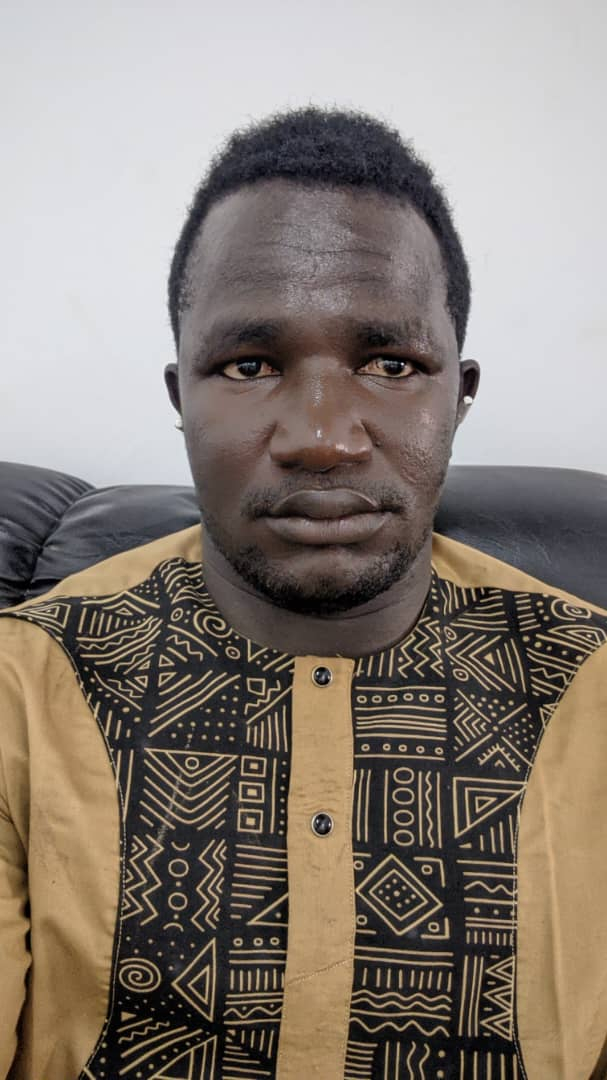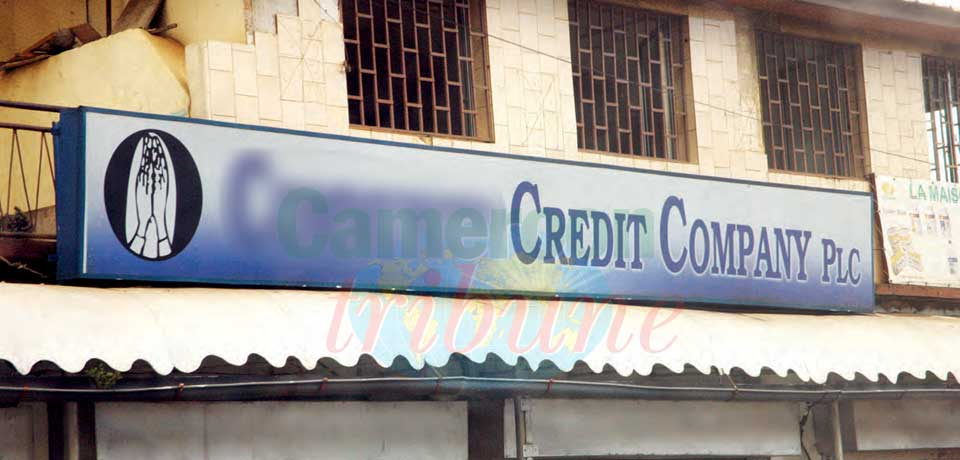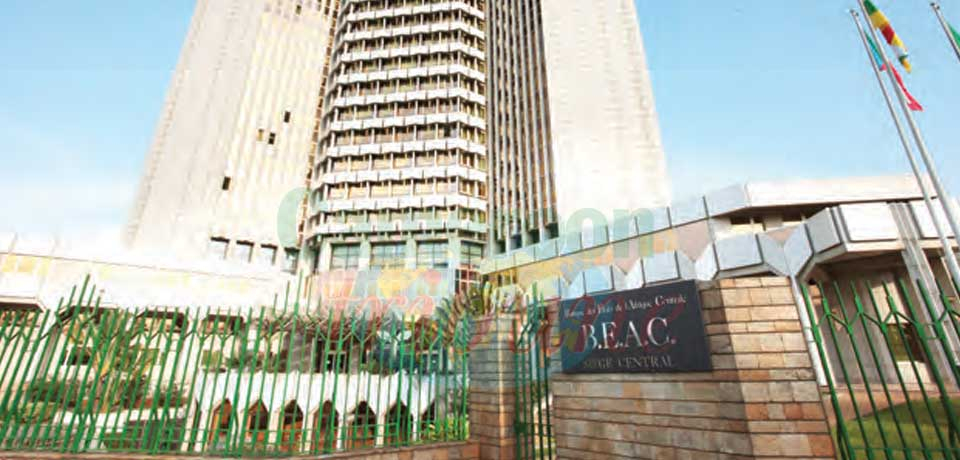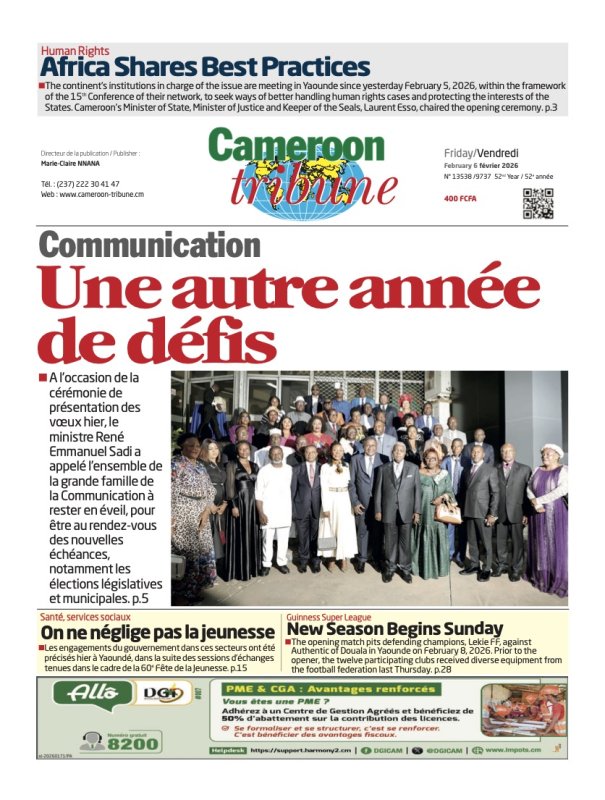Interview:: “You Must Consider The Context, Habits, Customs, Religion…”
- Par Kimeng Hilton
- 12 Oct 2023 18:12
- 0 Likes

Djalo Wakou Noel is a field facilitator with “Ecosysteme du Nord Cameroun, EcoNorCam: Vers une approche intégrée du paysage” project in the North Region of Cameroon. In the following interview, he discusses his job demands and moments of joy.
How did you become involved in natural resource governance as a project assistant or field facilitator?
My interest to support and assist vulnerable communities and people was inspired by a United Nations Refugee Agency, UNHCR brochure I picked up when I was about 10 years old. The interest increased gradually when the Boko Haram security crisis began in the Far North Region. That is when I decided to get started.
Before then, I was a Law graduate collaborating with a lawyer. So I undertook to train in social sciences in order to assist suffering, vulnerable people. I joined “Ecosysteme du Nord Cameroun, EcoNorCam: Vers une approche intégrée du paysage” project in response to a job advert. I applied and was invited for a test and interview. And was retained at the end.
Did the position require “big” certificates?
Each position requires prior qualifications, I hold a Master's degree in Social Sciences. The diversity of tasks required by the position demands someone who is versatile, open to learning and who can adapt quickly. It should also be noted that you must really love your work to be able to face challenges like difficult access to some project sites and growing insecurity.
What are the key skills and personality traits you need to succeed?
To succeed in EcoNorCam project, you need a good knowledge of the area, mastery of local languages, be able to work in difficult conditions and under pressure; and be dynamic. On average, I work 45 hours a week, or 8 hours minimum per day, including road delays (time taken between home and project villages). Reports and planning are done at home.
How diverse is your work? What degree of specialization is needed?
As a field project facilitator, I carry out several activities, including awareness-raising, training, and monitoring activities defined by the project. I raise awareness on the production and use of organic fertilizers, supported by practical training. We combine awareness-raising on the misuse of chemical fertilizer. We train people on restoring degraded soils, including methods like Zai, bunds, stone bunds, agro-forestry, etc. These are activities linked to agriculture, to which we add market gardening.
We also carry out activities on renewable energy. Like producing and using improved firesides to reduce pressure on protected areas (the Benue National Park and the outlying sports hunting zones) through the excessive cutting down of trees for firewood. We train beneficiaries on the production and use ecological charcoal, environmental education and functional literacy, etc.
What are the most challenging problems and decisions you face?
The major problem we encounter is mobilizing community people during the farming season and gold mining period. There are also problems of insecurity, the poor state of roads, etc. On a daily basis, I am required to travel and I cover an average daily mileage 150 km.
Are there any civic or social obligations that come with this job?
Before going to work in any community, you must first consider the context, habits and customs, religion, etc. Civic-mindedness is expected of any development worker in the community. It must be embedded in all their actions and intentions, otherwise the project cannot succeed.
How easy is it for someone in natural resource governance to move to another job?
...
Cet article complet est réservé aux abonnés
Déjà abonné ? Identifiez-vous >
Accédez en illimité à Cameroon Tribune Digital à partir de 26250 FCFA
Je M'abonne1 minute suffit pour vous abonner à Cameroon Tribune Digital !
- Votre numéro spécial cameroon-tribune en version numérique
- Des encarts
- Des appels d'offres exclusives
- D'avant-première (accès 24h avant la publication)
- Des éditions consultables sur tous supports (smartphone, tablettes, PC)














Commentaires